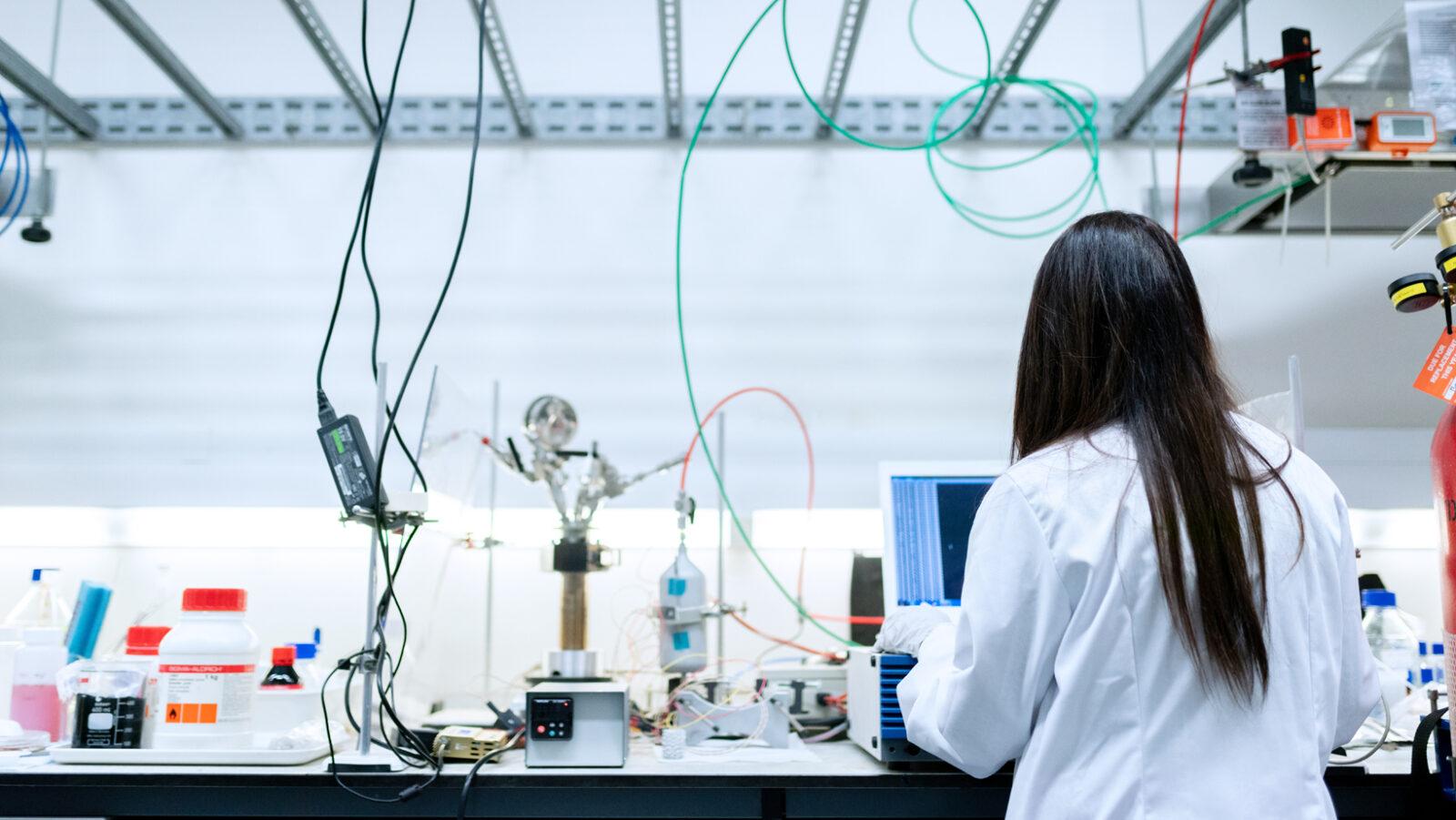For many, Physics is one of the toughest subjects to grasp, let alone master.
With classical problems (which are surely familiar to those who have ever taken Physics) such as calculating the “forces” of a falling elevator or the “friction” between a window and a window washer’s brush come questions. “Why does the elevator have to fall, anyway?” “Why can’t these physicists just let the window washer do his job?”
Others may even question the point of answering such problems in the first place. “Can you even apply those concepts in real life?” “What is the use of Physics in our daily lives?”
Well, no matter how absurd these problems seem, they help physicists hone their skills to make the world a better place. Physics is at the very foundation of engineering and technology. And if it weren’t for the physicists who came up with the theory of relativity, quantum theory, or the Big Bang theory, the world would be a very different place. Lasers, transistors, television, radio, computers, the World Wide Web: All of those would be nothing more than imaginary concepts.
Now, it might sound like Physics degrees are only for the direct descendants of Einstein. Here’s the truth: You don’t really need to be a genius to study Physics, make significant contributions to the field, and be a successful scientist. You just need to have the necessary logical reasoning and technical skills, a strong grasp of mathematical concepts and their applications, the passion and willingness to continuously learn, and (perhaps most importantly) the perseverance and tenacity to study and master the subject.
So, where do Physics graduates go?
Careers in Physics are not just set in a single direction. In fact, because Physics graduates are equipped with skills that are relevant in any work environment – such as numeracy, problem-solving, analytical and logical thinking, (complex) data analysis, and technical knowledge (like computer programming) – they are in high demand, and opportunities in diverse sectors are unlimited.
Education
The most well-known source of employment for physicists is arguably the education sector. For Physics graduates who do not want to go out of the classroom and enjoy sharing their enthusiasm for the subject within its walls, teaching is the best career option.
Although a good undergraduate degree is enough to help you land a job in secondary schools, teaching in universities and colleges will require at least a master’s degree.
Physics educators are in demand, and are highly prioritized by the Department of Education (DepEd). In 2016, the DepEd allocated a budget of Php 15.5 billion to hire an additional 53,831 science and mathematics teachers. Furthermore, as mandated by the Republic Act 10612, qualified graduates of the Department of Science and Technology (DOST) scholarship are guaranteed with job placement as Special Science Teachers. This position falls under salary grade level 13, which is equivalent to Php 23,257.
Research
There are two options for physicists who choose to do research after their first degree. They can either pursue advanced academic degrees (i.e. master’s and doctoral degrees) or work for a number of large companies.
Usually, MS and Ph.D. tracks are best for those thinking of pursuing an academic or research career. This allows them to gain more in-depth and specialized knowledge in such fields as Computational, Theoretical, Nuclear, Particle, Environmental, and Experimental Physics. Graduating with a master’s or doctoral degree gives you an advantage when applying for jobs. It shows that you can work independently and have a deep understanding of whichever advanced concepts these jobs require. The DOST grants scholarships to qualified graduate students with tax-free monthly stipends of Php 25,000 (MS) and Php 33,000 (Ph.D.). Funding can be even higher if sponsored by private organizations.
Don’t want to stay in the academe, but still enjoy doing research? Companies such as Shell, Procter & Gamble, Unilever, and San Miguel Brewery are good options. Apart from spending graciously on research and development, these firms employ graduates to focus on relevant environmental issues. This makes it another employment avenue for Physics degree-holders.
Medicine
It might be surprising, but Physics graduates can also work in the medical field. In fact, physicists revolutionized how illnesses are diagnosed and treated by helping to invent non-surgical tools such as MRI scans, PET scans, and x-rays.
Medical physicists have extensive knowledge in healthcare, radiation dosimetry and protection, and radiotherapy. Thus, they are often heavily involved in the consultation, diagnosis, and planning of radiation treatments for cancer patients. Investigation of equipment performance (testing and approving of the latest technologies), design and quality assurance, and control of radiation hazards are also among the additional important services that medical physicists render.
Astronomy
Almost everyone has dreamed of being an astronaut at some point. The good news for physicists? They have a greater chance of making this come true!
Astronauts at NASA have at least bachelor’s degrees in engineering, biological science, mathematics, and of course, physical sciences. Many have master’s and doctoral degrees in their respective fields or even beyond that.
Even if you’re not qualified to do space travel (or are afraid of flying), astronomy is still a viable option. As an astronomer, observing celestial bodies and developing theories to explain extraterrestrial activities will be your primary job. This profession requires the use of intricate mathematics, and involves experimenting on materials for space exploration and building and testing new technology. Plus, the pay’s really good, too!
Environment
Want to work towards saving the Earth? You might want to become a geophysicist. Geophysicists study the Earth, evaluating its functions and activities to predict and prevent environmental hazards.
Geophysics is a very broad field. With areas extending (but not limited to) seismology (the study of earthquakes), marine physics, and meteorology (the study of the atmosphere, focusing on areas such as daily weather forecasting and climate change), you have plenty of options for specialization (and of course, more job opportunities).
Energy
With the current focus on climate change and reduction of greenhouse gas emissions, opportunities for physicists in the renewable energy sector are on the rise, especially in oil and gas companies. Branching out into renewable alternatives like solar and wind energy, these companies invest heavily in research and development. This, of course, makes them potential employers for physics graduates. In this field, you will find yourself working and collaborating with other scientists and engineers in developing new, systematic, and functional ways of generating Earth’s energy more efficiently and cost-effectively.
Journalism
It is wrong to think that physicists are only good with numbers and equations. Many of them are good with words, too! Science journalism involves presenting scientific information in a form that is understandable by the general public without losing its accuracy. This job greatly benefits from having a degree in any scientific field or a master’s degree in science communication, especially for publishing and editorial jobs for scientific journals.
Obtaining a Physics degree can be really challenging and occasionally painful. However, with a Physics degree on your resume, the world is practically your oyster. Whether you’re still completing your degree or considering a future as a Physics major, one thing matters. Should you decide to pursue Physics, finish it. Trust us: Big opportunities await you. — MF

Author: Romelyn Yamio
Romelyn Yamio is a physicist, academic researcher, and freelance writer. She’s also a comic nerd. FLIPSCIENCE LOVES HER VERY MUCH. It has to be true, it’s in all caps.













